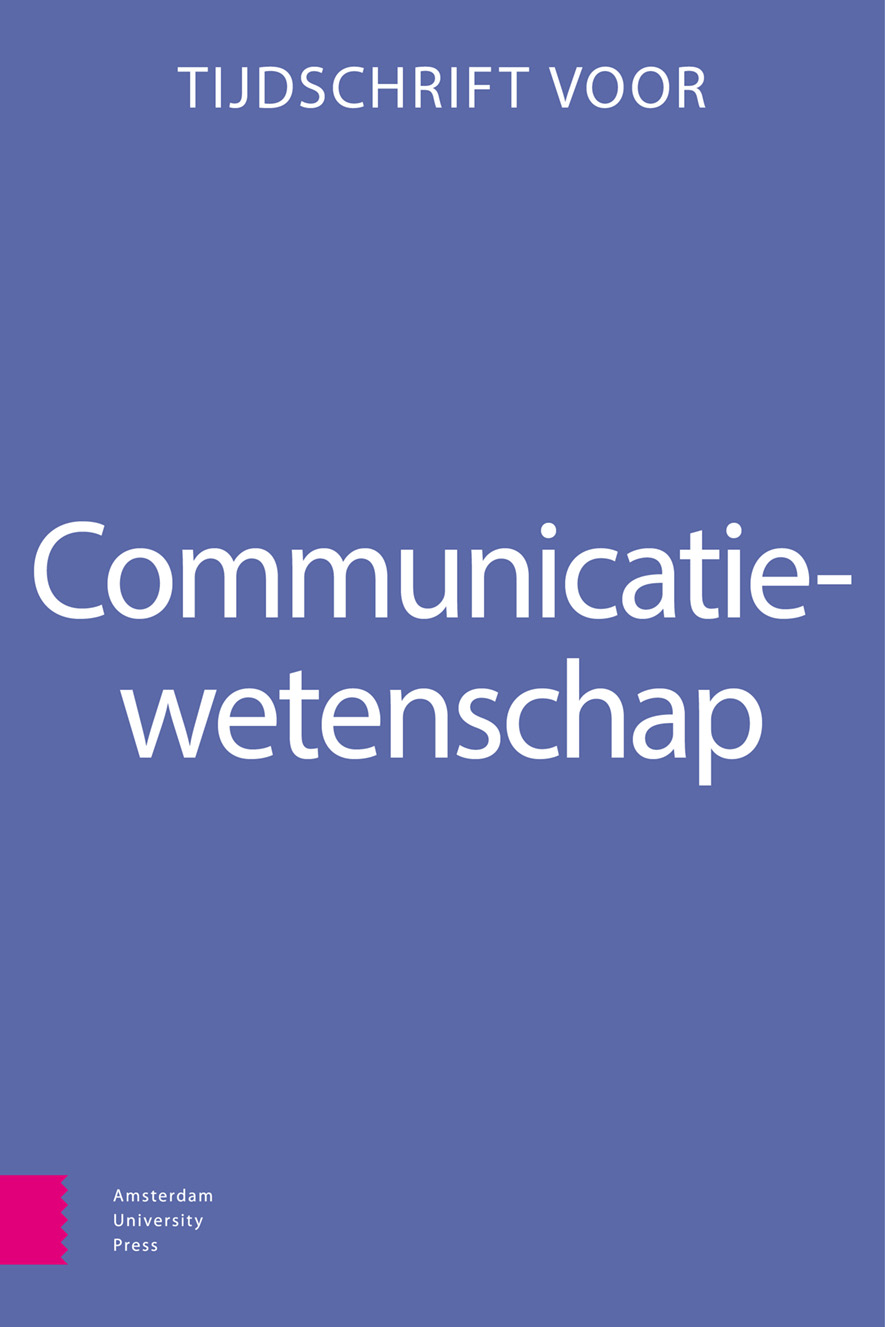-
oa Political Interest, Activism, and Affective Polarization: Dutch Adolescents and Adults are not that Different
- Amsterdam University Press
- Source: Tijdschrift voor Communicatiewetenschap, Volume 53, Issue 2, May 2025, p. 194 - 204
-
- 01 May 2025
- Previous Article
- Table of Contents
- Next Article
Abstract
Politieke interesse, activisme en affectieve polarisatie bij adolescenten en volwassenen
Adolescenten worden vaak beschreven als politiek apathisch. Maar is dat zo? In deze studie beschrijven we de politieke interesse, het nieuwsgebruik, het niveau van politiek activisme en de affectieve polarisatie van Nederlandse adolescenten. Waar mogelijk vergelijken we adolescenten met volwassenen. Hoewel adolescenten relatief weinig interesse tonen in de Nederlandse politiek, zijn ze wel geïnteresseerd in actuele politieke kwesties zoals klimaatverandering en criminaliteit. Adolescenten verkrijgen hun informatie voornamelijk via internet in plaats van traditionele media (bijv. kranten, televisie). Onze resultaten laten verder zien dat adolescenten net zo affectief gepolariseerd zijn als volwassenen. Hoewel adolescenten minder betrokken lijken te zijn bij traditionele politieke activiteiten (bijv. lid worden van een politieke partij), zijn ze wel bereid om op andere manieren politiek actief te zijn, zoals het ondertekenen van petities of het doneren aan politieke doelen. Ons onderzoek laat zien dat we het stereotype van politiek ongeïnteresseerde jongeren moeten heroverwegen.


